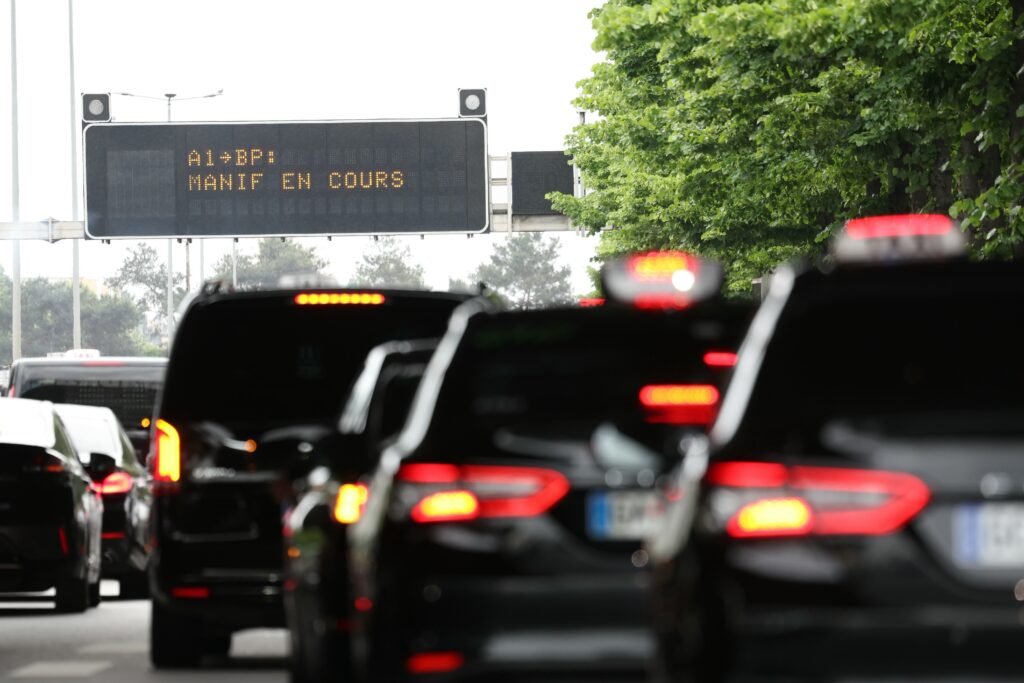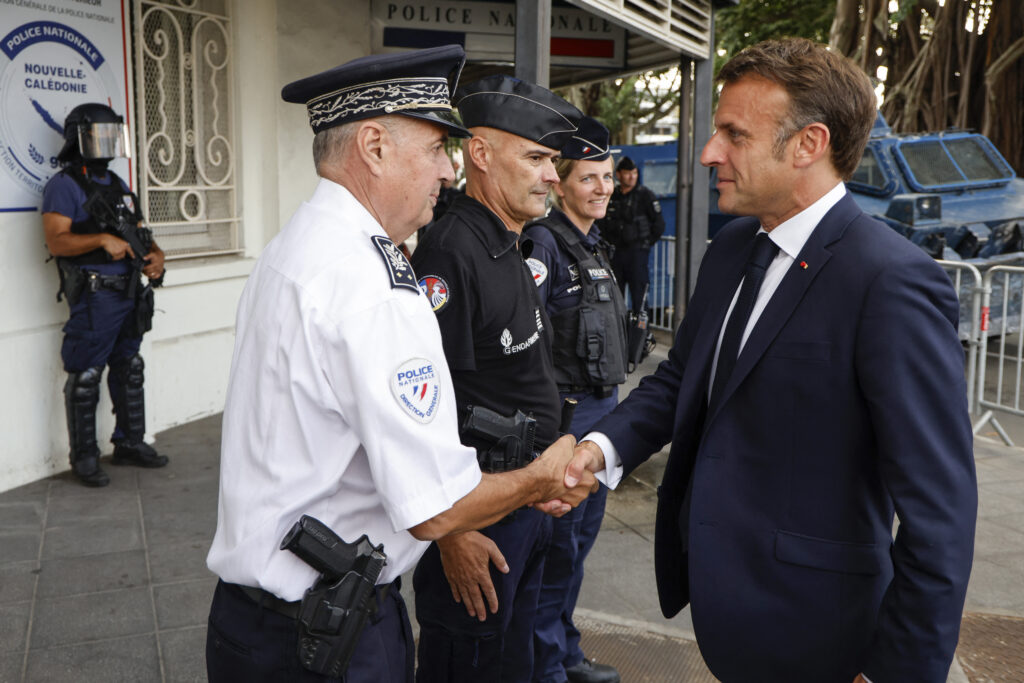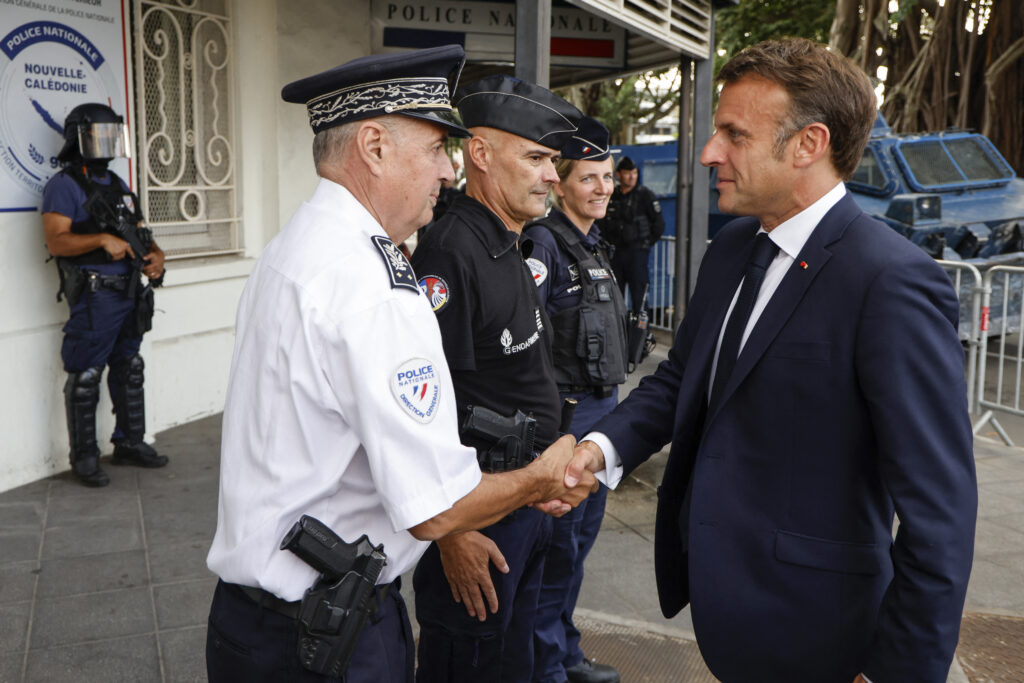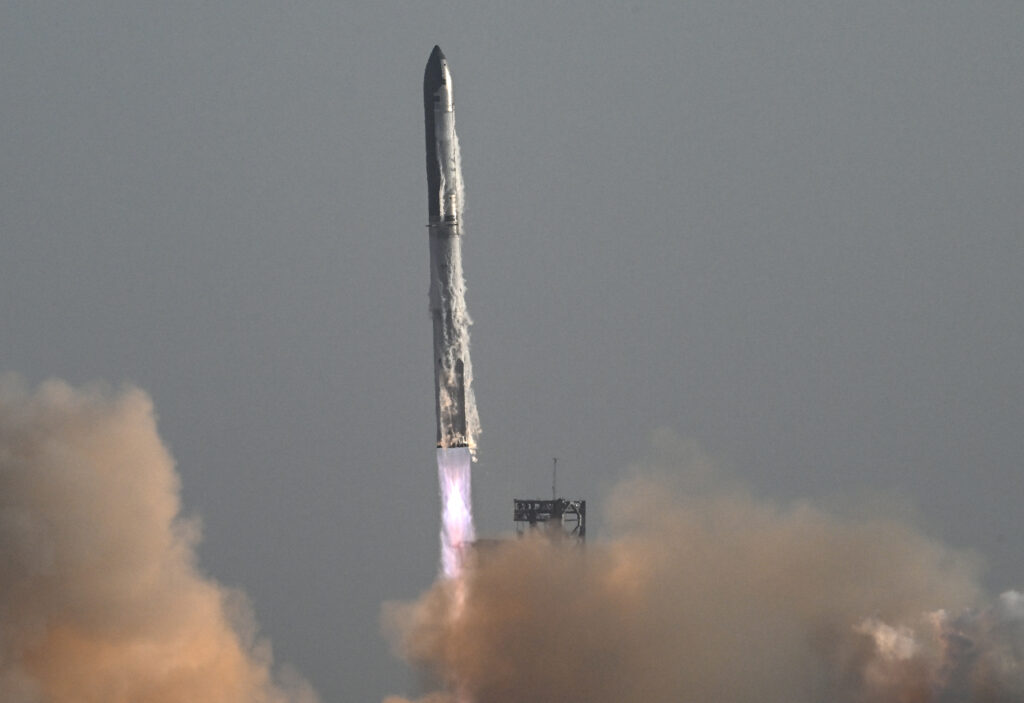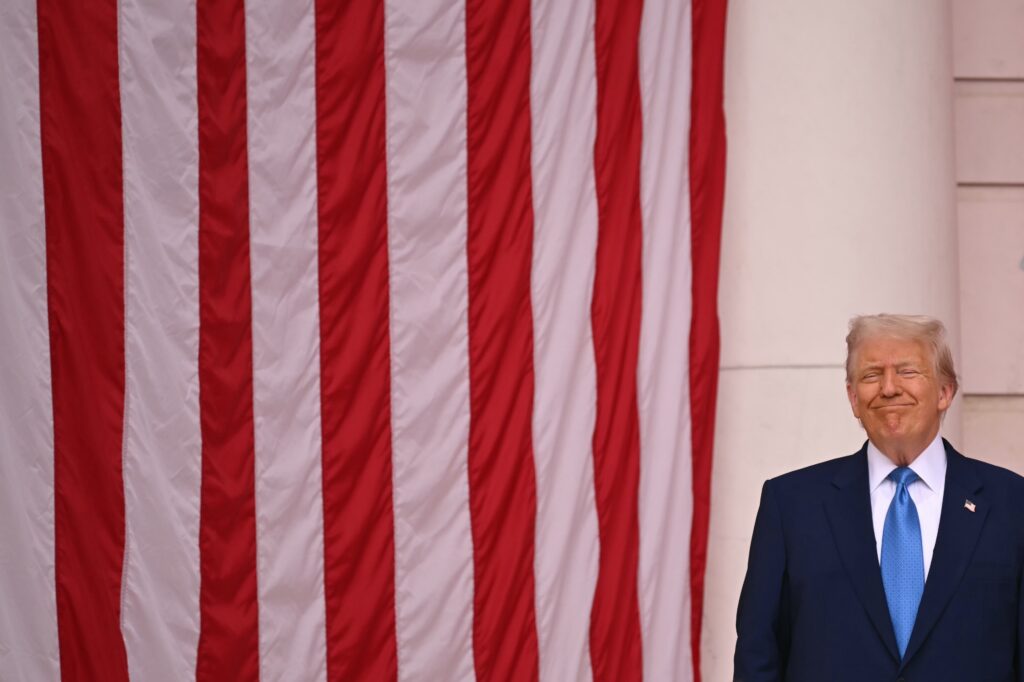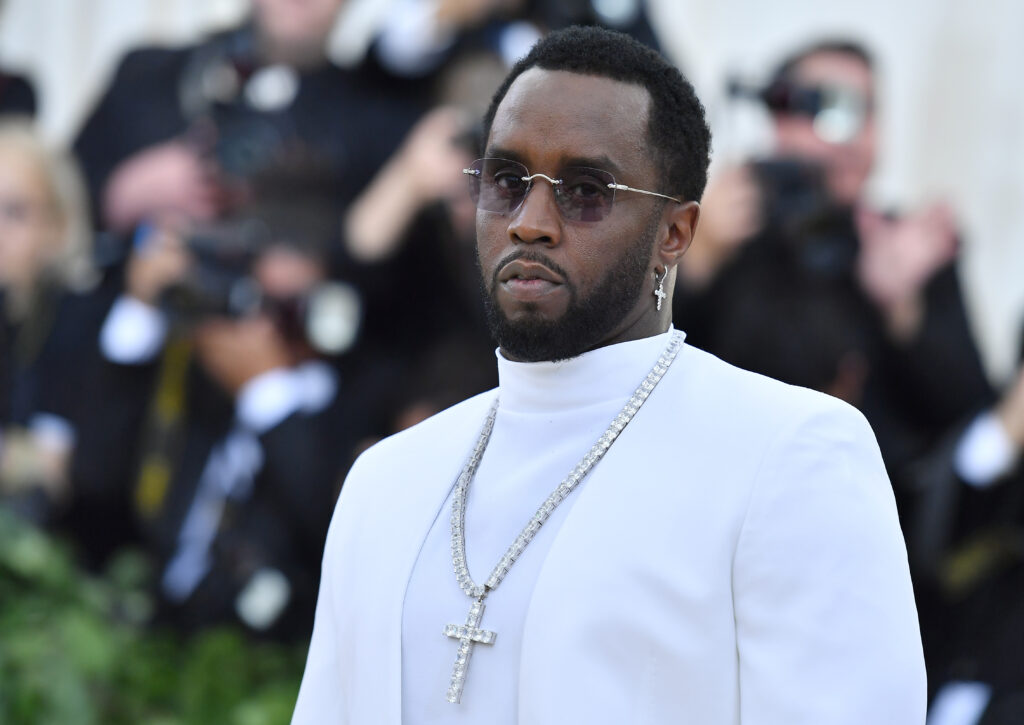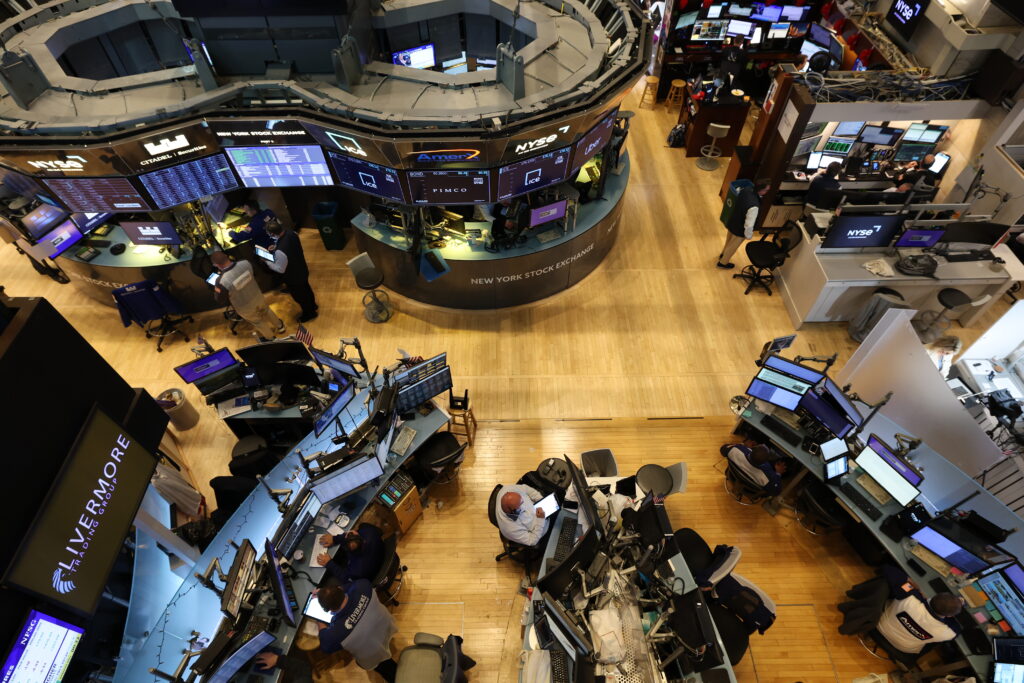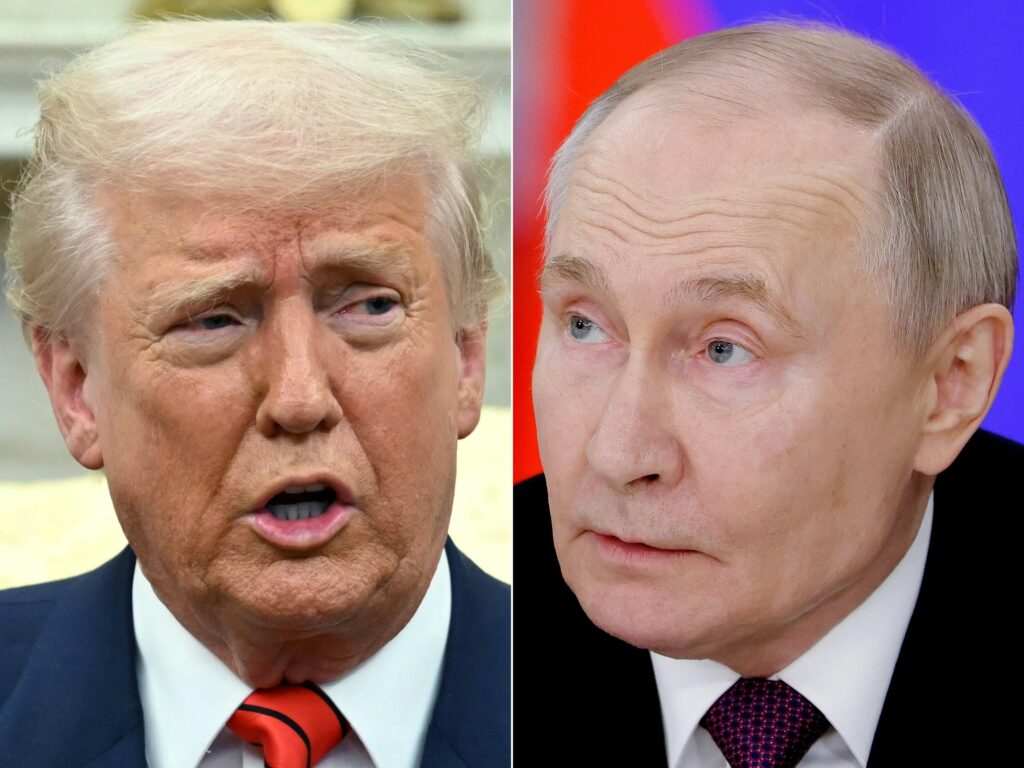Taxis en grève: l’exécutif compte “taper fort” sur les VTC, nouvelle réunion le 11 juin sur le transport de patients
Une intensification des contrôles des VTC contre la maraude et le “racolage” illégaux et une série de réunions techniques et locales avant un nouveau point d’étape le 11 juin sur l’épineux dossier du transport sanitaire: le gouvernement continue de vouloir déminer face à la fronde des chauffeurs de taxi mobilisés depuis plus d’une semaine. Epilogue d’une journée où les fédérations de taxi ont navigué entre les ministères, leurs représentants et des membres du gouvernement se sont retrouvés mardi soir pour une réunion d’environ trois heures au ministère de la Santé sur la nouvelle tarification pour le transport des malades.Elle a débouché sur la promesse d’une série de réunions techniques et de réunions au niveau des départements entre préfectures, caisses d’assurance maladie et les fédérations avant un nouveau rendez-vous prévu le 11 juin. “Il est hors de question d’avoir une convention qui mettrait à mal notamment le milieu rural, puisqu’il n’y a pas d’alternative sur des transports en commun ou autres”, a notamment déclaré le ministre de la Santé Yannick Neuder.Ce texte qui a servi de déclencheur à la fronde des taxis prévoit une prise en charge de 13 euros par l’Assurance maladie, puis un tarif kilométrique, avec un système conçu pour dissuader les retours à vide ou les temps d’attente trop longs. Objectif: limiter la croissance des dépenses de transport sanitaire.Dans la soirée, à Paris, trois représentants de fédérations de taxis ont fait le compte rendu de la réunion devant une assemblée houleuse de quelque 200 chauffeurs de taxis rassemblés boulevard Raspail, point de fixation de la mobilisation. Au milieu de cris “c’est tout ou rien!”, Abdelatif Grine, vice-président de la Fédération nationale des taxis indépendants a appelé à poursuivre la grève, mais les deux autres représentants, Bernard Crebassa (Fnat) et Bilal Bouammar (FTI 69) n’ont pas donné de consignes claires.Le Premier ministre a assuré mardi matin que la réforme de la rémunération du transport de malades s’appliquerait bien début octobre.”Mais on va définir ces économies avec eux (les taxis)”, a déclaré François Bayrou sur BFMTV/RMC, alors que la réforme vise 300 millions d’euros d’économies en trois ans.”On ne cherche pas de coupable, on ne cible personne”, a assuré la ministre des Comptes publics Amélie de Montchalin.- Opérations escargot -Mardi matin une réunion au ministère des Transports avait débouché sur la promesse du ministre Philippe Tabarot “de rappeler les règles et taper fort au niveau des contrôles” à l’encontre des VTC. Pour empêcher les VTC de faire de la maraude autour des gares et des aéroports, des amendes forfaitaires, “plus dissuasives et immédiates”, seront étendues dans les trois prochains mois à l’ensemble du territoire, a indiqué le ministère après cette réunion qui rassemblait aussi des représentants des ministères de l’Économie, du Travail et de l’Intérieur.”C’est la première fois qu’on a un ministre qui est prêt à s’engager pour véritablement distinguer les deux activités, taxi et VTC”, a réagi le président de l’Union nationale des taxis Rachid Boudjema. Depuis huit jours, les taxis enchaînent les nuits boulevard Raspail et les opérations escargot, ponctuées de mises à feu de pétards et de fumigènes.A Pau, devenu un des centres de la mobilisation parce qu’elle a pour maire François Bayrou, environ 200 taxis ont organisé une opération escargot mardi après-midi, selon la police. “C’est facile de mettre des milliers de policiers à contrôler les pauvres petits chauffeurs” de VTC, a lancé Marc, 52 ans, taxi de Seine-et-Marne. Le gouvernement compte également “travailler” sur une “durée minimale” de réservation préalable pour les VTC. La plateforme Uber l’a aussitôt accusé de “céder aux intérêts corporatistes des taxis”. Une telle mesure “nuirait gravement à la liberté de se déplacer de millions de passagers” et “impacterait significativement les revenus des chauffeurs”, a déploré une porte-parole de l’entreprise américaine Uber.Le gouvernement évalue aussi la possibilité d’un “agrément” pour autoriser les plateformes à exercer en France. Les représentants des VTC sont convoqués lundi 2 juin et les plateformes qui les font travailler (Uber, Bolt…) le 3 juin. “Il ne faudrait pas que les VTC soient les dommages collatéraux d’un conflit qui oppose gouvernement et taxis”, a prévenu Fabian Tosolini, délégué du syndicat de VTC Union-Indépendants. “On a déjà alerté le ministère pour dire qu’il y avait beaucoup trop de VTC. Ce déséquilibre, orchestré par les plateformes, a fait exploser les temps d’attente entre deux courses. Pour survivre, un certain nombre de VTC ont été tentés de se mettre sur des positions stratégiques, pas réglementaires”, comme près des aéroports, a expliqué Fabian Tosolini. bur-tsz-pbo-agu-lby-grd-nal/cbn
